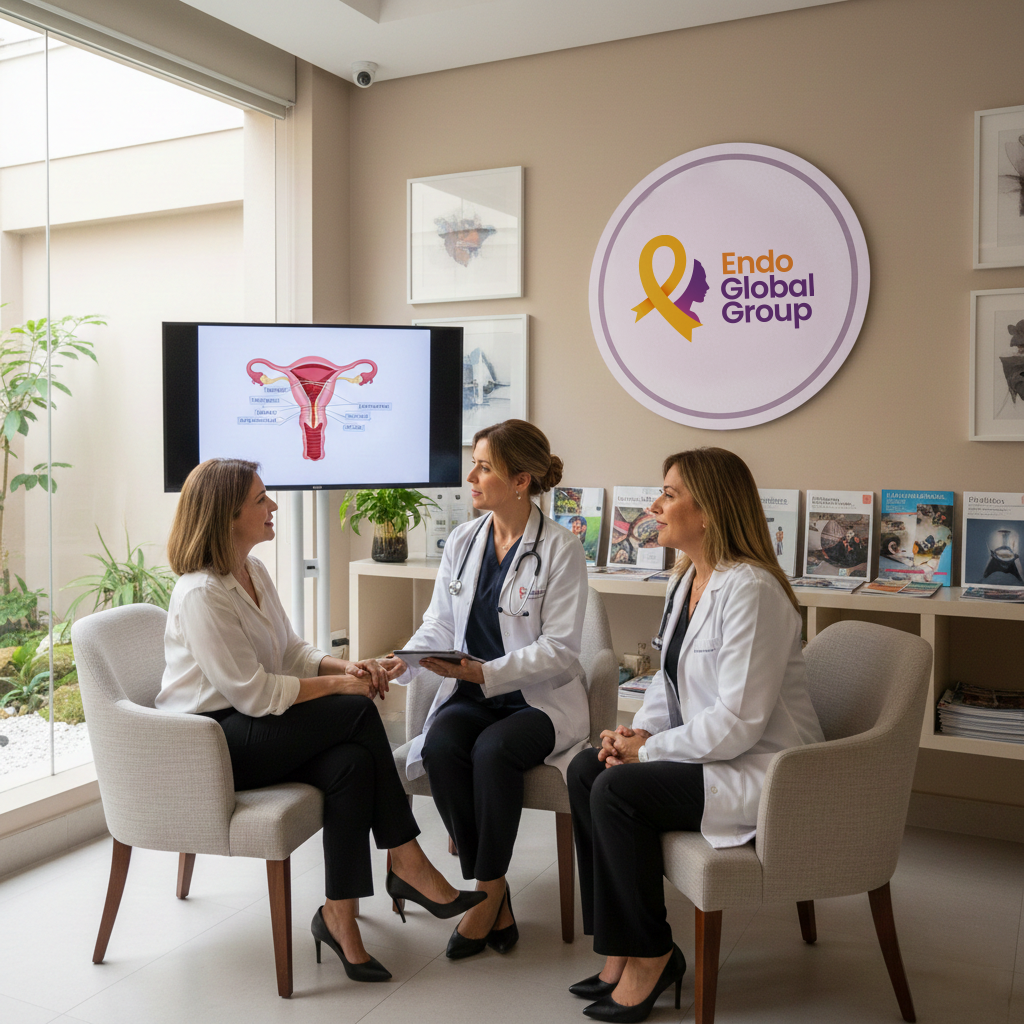Endometriosis is a complex condition that affects millions of women worldwide. One of the most common questions during consultations is: “Do I need surgery, or can my condition be managed with medical treatment?” The answer is not always simple, but here is how specialists determine who is — and who is not — a surgical …
Endometriosis is a complex condition that affects millions of women worldwide. One of the most common questions during consultations is: “Do I need surgery, or can my condition be managed with medical treatment?” The answer is not always simple, but here is how specialists determine who is — and who is not — a surgical candidate.
Surgery Is Not Always the First Option
Contrary to what many women believe, surgery is not the immediate solution for everyone. In fact, among the millions of patients diagnosed with endometriosis, only about 20% will ever require a surgical procedure in their lifetime.
In most cases, treatment begins with medical and hormonal therapies aimed at controlling chronic inflammation, reducing pain, and improving quality of life.
When Surgery Becomes Mandatory
There are only two medical situations where surgery is absolutely necessary:
1. Involvement of vital organs.
When endometriosis affects essential organs such as the kidneys, or when a nodule grows so large that it blocks the intestines.
2. Organ dysfunction.
When the disease severely limits the function of a specific organ and compromises the patient’s health.
In these cases, surgery is not optional — it is required to protect the woman’s life and well-being.
Medical Treatment: The First Line of Care
For the majority of patients, treatment starts with medications, including hormonal options. However, no hormonal therapy is free from side effects, which may include:
• Hair loss
• Weight redistribution
• Nausea or vomiting
• Mood changes
That is why treatment decisions must always be personalized, balancing benefits with possible side effects.
Learning to Live with Endometriosis
It is important to understand that endometriosis is not cancer, but it is a chronic condition that requires continuous management. As specialists often say:
“It’s like that uncomfortable friend you don’t really like, but who is always around. You can’t ignore her, but you can learn how to live with her using the right tools.”
Conclusión
Not all women with endometriosis are surgical candidates. The decision depends on multiple factors, with the most important being quality of life and the protection of vital organs.
At Endoglobal Group, we provide a multidisciplinary approach to endometriosis care, guiding each patient toward the best treatment option — whether medical or surgical — always with compassion and expertise.
👉 If you are living with endometriosis, you are not alone. Schedule a consultation with us and discover the most appropriate treatment plan for you





